According to CBL, experts are increasingly encountering devices with stripped memory chips that erase manufacturer information, as well as USB flash drives that use convertible microSD cards soldered to the circuit board. This results in a decline in the quality of portable flash drives.
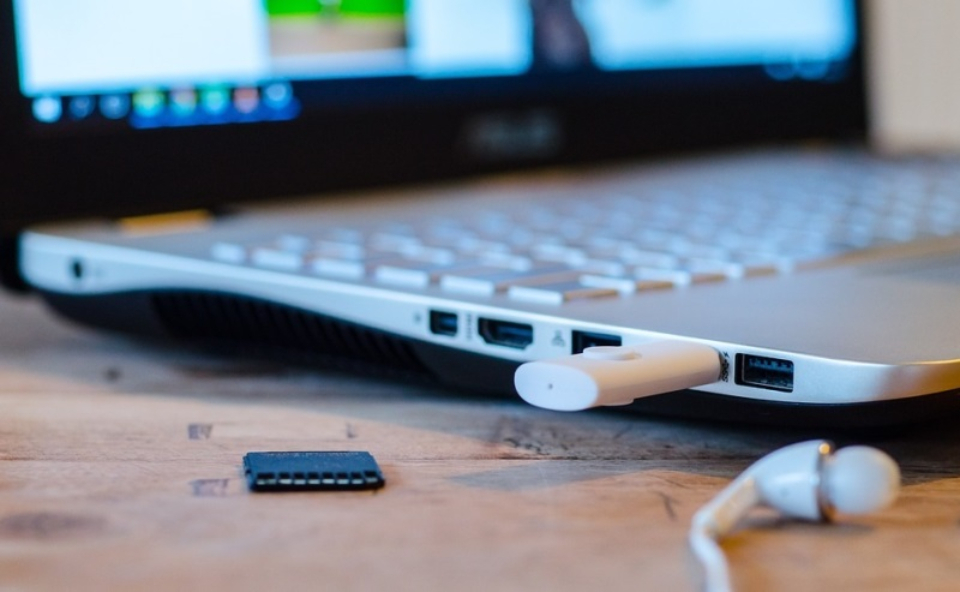
USB flash drive reliability is getting worse
"When we opened the defective USB flash drives last year, we found an alarmingly large number of low-quality memory chips, with reduced capacity and the manufacturer's logo removed. The defective microSD memory cards were also soldered to the USB flash drive and were controlled by an external controller on the flash drive's circuit board instead of the internal controller of the microSD memory card itself," said Conrad Heinicke, CEO of CBL Datenrettung GmbH.
According to CBL, these are NAND memory chips that have not passed quality control, most likely produced by major manufacturers such as SanDisk and Samsung. Instead of being recycled, these chips somehow made it to the market. When studying the low-quality drives, in some cases, CBL experts noticed that the manufacturer's name was blurred on the memory chips, but they could still be identified as SanDisk products.
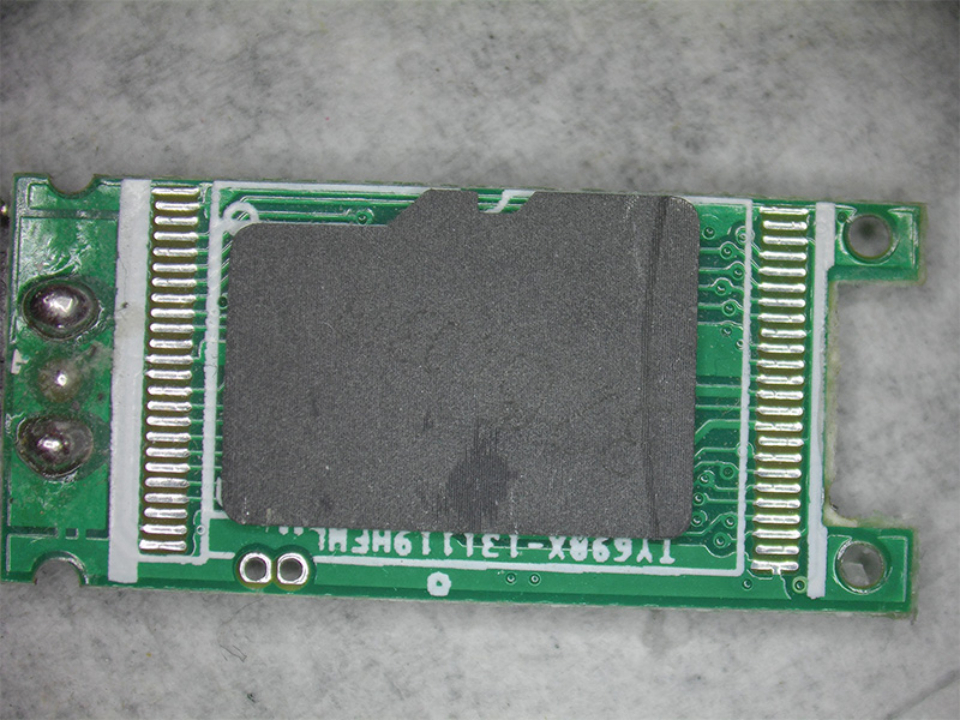
Many flash drives use microSD memory chips which are of lower quality.
In other cases, the memory chip manufacturer's name and logo were completely removed. Often, the low-quality USB flash drives were identified as "promotional gifts," but in some cases, they came from "branded products," although CBL did not specify which specific company was supplying the low-quality flash drives.
CBL cites QLC technology, which allows more data to be stored on a single flash memory chip, as another malady afflicting modern USB flash drives. QLC chips have become too common in low-cost flash drives. The combination of low-quality flash chips and QLC exacerbates existing quality issues, so the company says users “should not rely too heavily on the reliability of flash drives.”
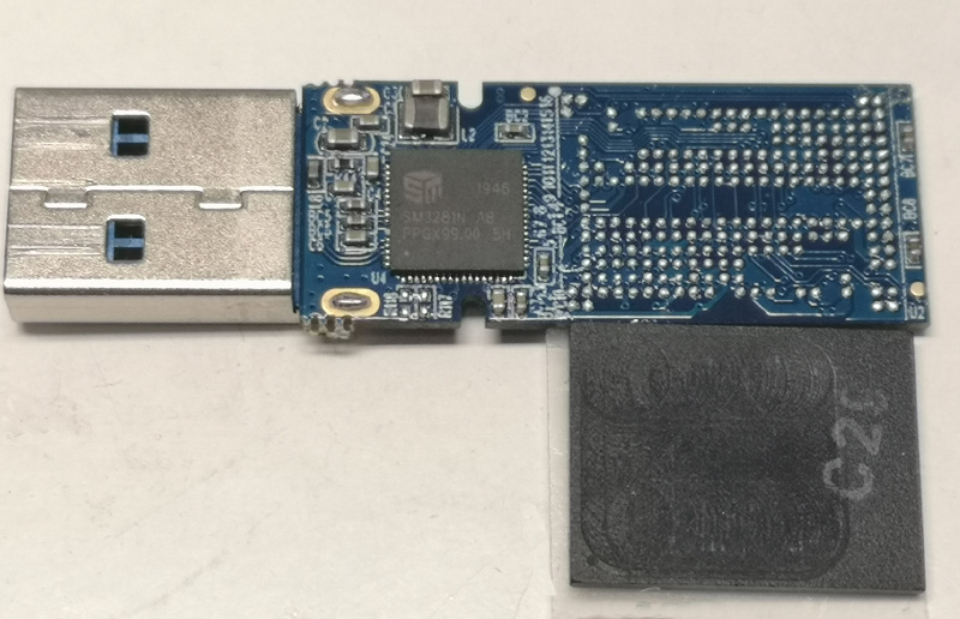
QLC memory chips are also the cause of low reliability of USB flash drives.
The CBL report does not address the issue of “fraudulent” USB flash drives that claim to hold several hundred gigabytes (GB) but actually contain only 16 GB or even 8 GB of storage. Such devices are also common and are constructed using methods similar to the USB flash drives the CBL warned about, such as using microSD memory cards.
Source link



![[Photo] Hanoi morning of October 1: Prolonged flooding, people wade to work](https://vphoto.vietnam.vn/thumb/1200x675/vietnam/resource/IMAGE/2025/10/1/189be28938e3493fa26b2938efa2059e)
![[Photo] Keep your warehouse safe in all situations](https://vphoto.vietnam.vn/thumb/1200x675/vietnam/resource/IMAGE/2025/10/1/3eb4eceafe68497989865e7faa4e4d0e)
![[Photo] President of the Cuban National Assembly visits President Ho Chi Minh's Mausoleum](https://vphoto.vietnam.vn/thumb/1200x675/vietnam/resource/IMAGE/2025/10/1/39f1142310fc4dae9e3de4fcc9ac2ed0)














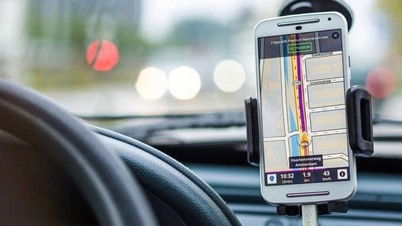


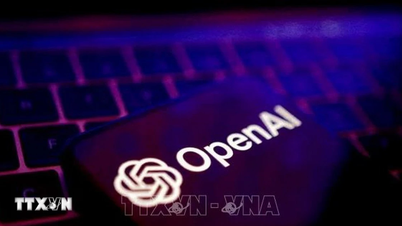



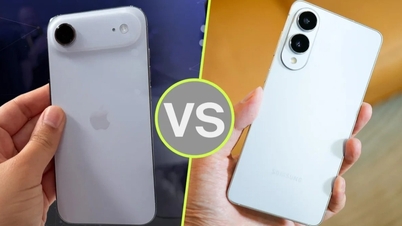






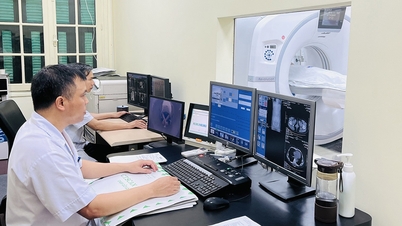

































































Comment (0)